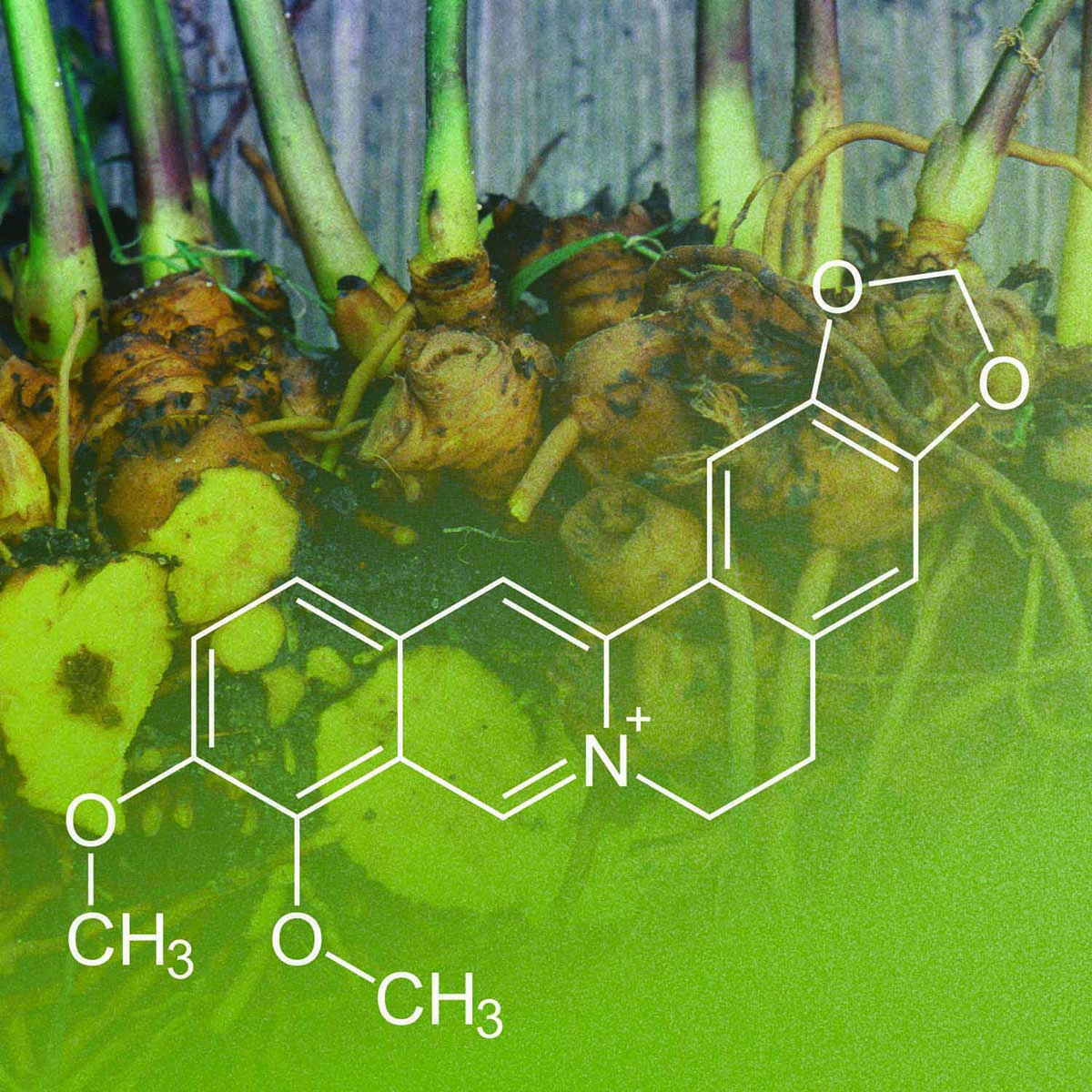In the News: Berberine

Berberine is a compound found in some plants such as European barberry, goldenseal, goldthread, Oregon grape, phellodendron, and tree turmeric. Plants containing berberine have been used medicinally for thousands of years in Ayurvedic medicine and traditional Chinese medicine. In Ayurvedic medicine, plants rich in berberine have been used for treating infections, for promoting wound healing, and as a remedy for gastrointestinal disorders. Traditionally, berberine has also been used as a treatment against various bacteria, fungi, and viruses. Today, berberine is often sold as an herbal dietary supplement and is promoted as a remedy for diabetes, high cholesterol levels, high blood pressure, and canker sores, and most recently as a weight loss aid.
Recently, berberine has gained popularity across the internet and on social media platforms such as TikTok for its purported ability to induce weight loss. However, while some preliminary studies have suggested that berberine may play a role in losing weight, there haven’t been many clinical trials (studies conducted in people), so there isn’t enough rigorous scientific evidence to determine whether it is effective.
There is some evidence that berberine may have a modest effect on lowering blood glucose levels in people with type 2 diabetes and may reduce cholesterol levels. Berberine may have additional beneficial effects on high blood pressure when used in combination with the medication amlodipine.
In general, when taken orally, berberine is well tolerated; however, it is not without its risks and side effects. The most common adverse effects of berberine include abdominal pain, constipation, diarrhea, nausea, and vomiting. People who are pregnant or breastfeeding should not use berberine, and it should not be given to infants. Berberine can cause or worsen jaundice in newborn infants and could lead to a life-threatening problem called kernicterus. Berberine might also interact with medicines in negative ways.
Additional Resources
This publication is not copyrighted and is in the public domain. Duplication is encouraged.
NCCIH has provided this material for your information. It is not intended to substitute for the medical expertise and advice of your health care provider(s). We encourage you to discuss any decisions about treatment or care with your health care provider. The mention of any product, service, or therapy is not an endorsement by NCCIH.